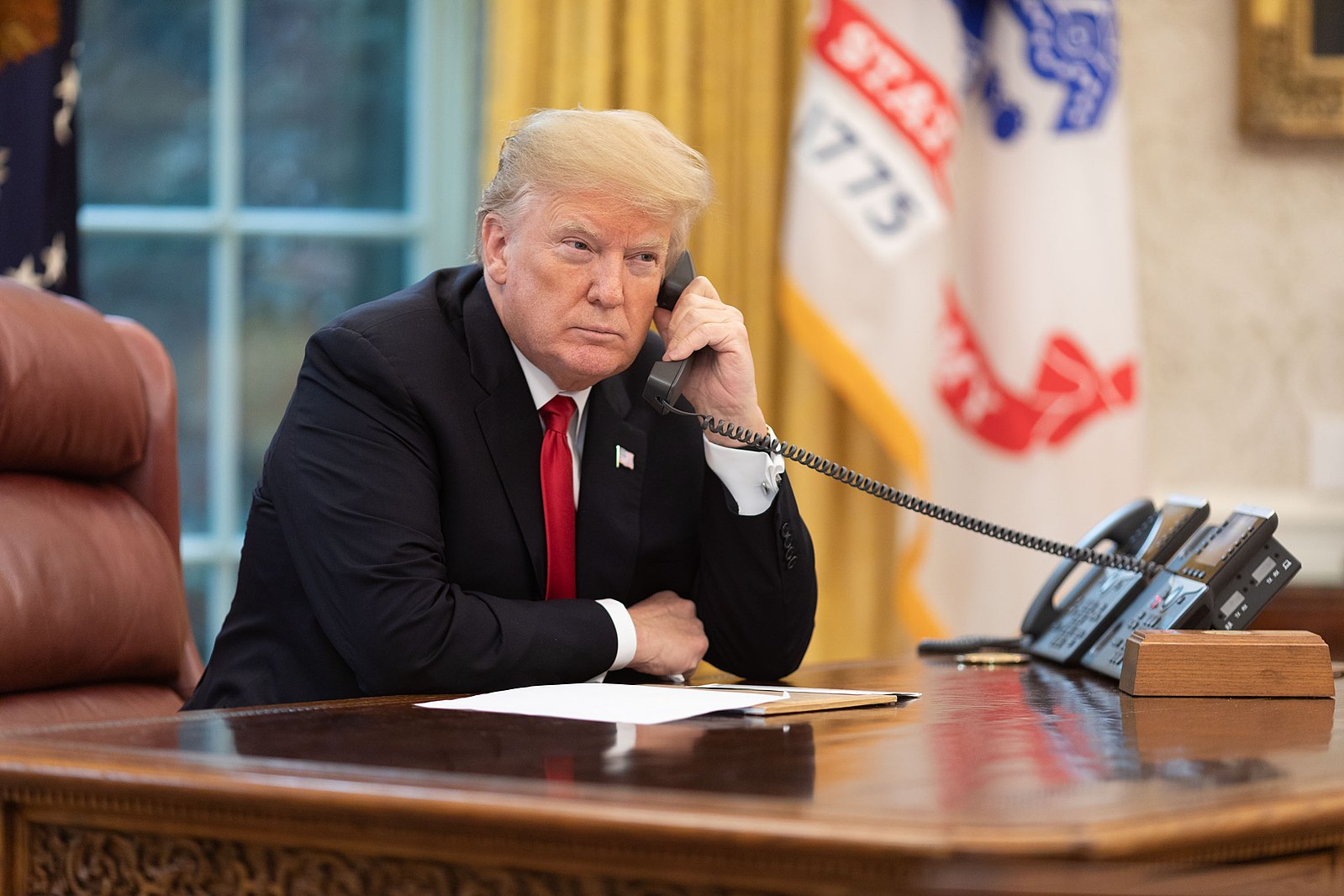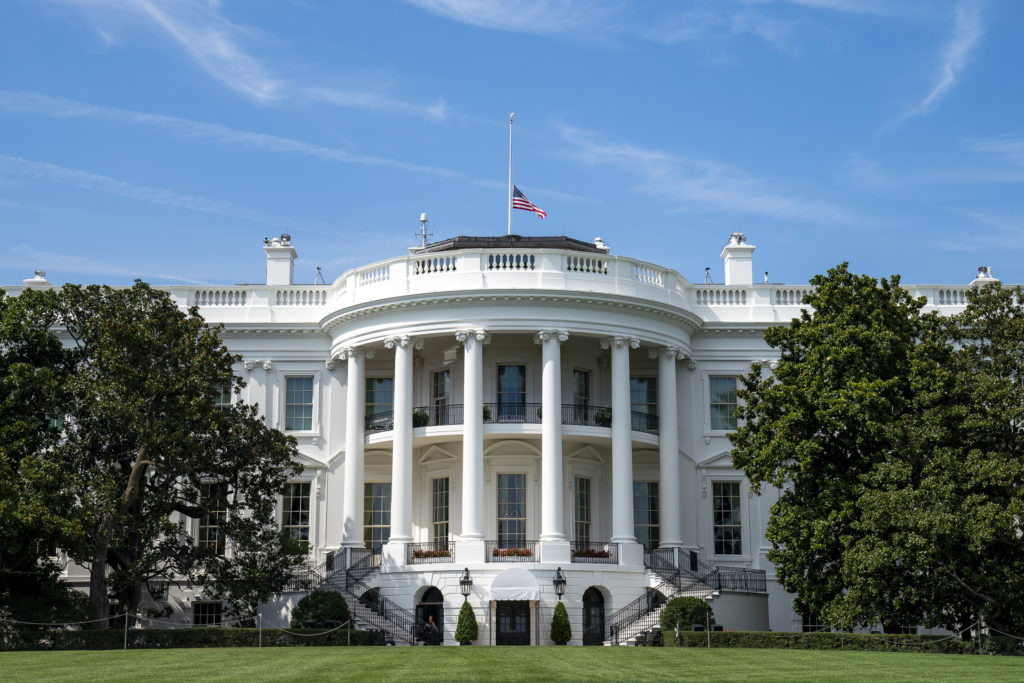The President's Power (Not) to Nominate Officers? Paralyzing an Agency Through Attrition
There are many tools available to a president who seeks to scale back the scope and authority of an administrative agency. He can push to cut the agency's budget. He can embrace legal theories and litigation strategies that interpret the agency's statutory authority narrowly. He can try to appoint leadership that shares his reductionist agenda (and he can try to remove incumbent leaders who don't). And at the extreme, he might seek legislation formally shrinking the agency's authority or even abolishing the agency outright.
Published by The Lawfare Institute
in Cooperation With

There are many tools available to a president who seeks to scale back the scope and authority of an administrative agency. He can push to cut the agency's budget. He can embrace legal theories and litigation strategies that interpret the agency's statutory authority narrowly. He can try to appoint leadership that shares his reductionist agenda (and he can try to remove incumbent leaders who don't). And at the extreme, he might seek legislation formally shrinking the agency's authority or even abolishing the agency outright. But each of those tools requires, to some degree, the cooperation of other entities (Congress, the Senate, the courts). What about tools that don't require anyone else's cooperation?
To the extent an agency is responsive to presidential policy directives, then an executive order (or a like expression of policy preference) of course can have a big impact. But there's another possibility: deliberately declining to nominate people to fill open leadership positions in order to handicap or even paralyze the entity.
The president obviously does hold an "appointment power" under Article II. It has been the subject of much caselaw and a vast amount of scholarship, in fact. But for the most part the caselaw and scholarship concern questions such as the extent to which Congress can condition or circumvent the president's power of appointment, or whether Congress can shield certain positions from firing at the president's discretion. What interests me here is the situation in which the power of appointment clearly lies with the president, and the president deliberately chooses not to nominate anyone in hopes of preventing the agency from functioning at full capacity or perhaps even from functioning at all.
The extreme version of this scenario (outright paralysis through non-nomination) would only arise where the entity is structured in a manner the precludes staff or career personnel from stepping in on an interim basis to fulfill leadership functions pending new appointments. Consider, in that regard, the important example of the Privacy and Civil Liberties Oversight Board ("PCLOB"). As Paul Rosenzweig predicted last year, and as Carrie Cordero reminded us more recently, PCLOB cannot perform its most important functions without a quorum—and for a variety of reasons (including the early resignation of some members) only one of its five positions is filled at the moment, rendering it inquorate for the time being. That may well change sometime soon. But let's imagine a scenario in which a president does not want to have a functioning PCLOB. It would be hard to get Congress to abolish it, but if attrition happens to have paralyzed it already, the practical effect is much the same (and there's no need to expend political capital to get that effect).
In such a hypothetical case, one question that arises is whether the president's Article II duty under the Take Care clause requires—at some point—a nomination. It seems to me such an argument would have legs if applied to missing nominations for a body that the Constitution requires to exist--most notably, the Supreme Court. Even there, it would be tremendously difficult (at least absent an explicit admission by the president that he is pursuing paralysis-through-attrition) to articulate a doctrinal test that would operationalize such a duty in a reasonable manner. But in most cases the entity in question would be wholly-statutory in origin, with the underlying organic act most likely not saying anything directly about timetables for nominations. In such circumstances, my initial position is that I'm skeptical that there is a constituitonal compulsion for the president to act. I would love to know if readers think the better answer might be otherwise, however!
I want to be clear that I am not suggesting that President Trump is pursuing this approach as to PCLOB. It was inquorate already when he came into office, and it is hardly the only body that lacks for appointees at the moment. Nor am I suggesting that he is pursuing this approach as to any other agency, notwithstanding the remarkable number of positions for which no nomination has yet been made; in most of these cases, after all, the impact of non-appointment is not to paralyze or significantly degrade the functioning of the relevant entity, but rather to leave career personnel (or even holdover political appointees from the prior administration) in position. Still, I think the question is very interesting as a theoretical possibility, and am curious what readers might have to say about it.





